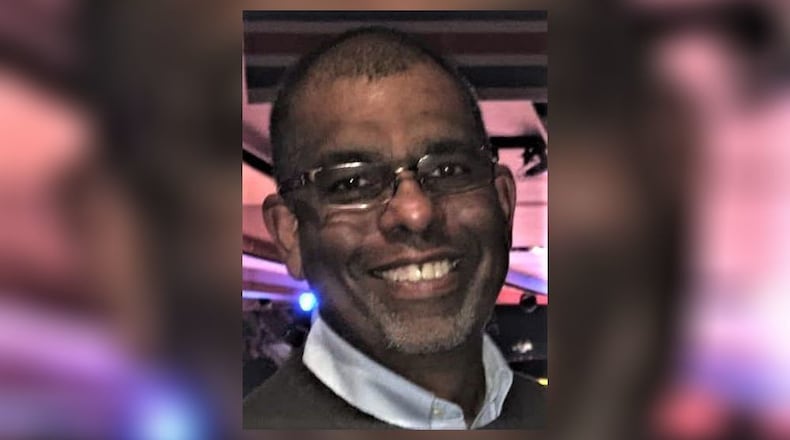More specifically, 11 states let people who can make their own decisions and are suffering from a terminal illness with six months or less to live to receive medical assistance in dying.
Ohio isn’t one of them.
In 2016, Lisa Vigil Schattinger started the nonprofit Ohio End of Life Options, a group that advocates for medical aid in dying for the terminally ill in hopes of getting Ohio to become the 12th state with such laws.
“I believe that an adult who is dying and is competent to make that decision should be able to determine what that final day looks like,” she said. “Who surrounds them, what time it is.”
That’s a tough calling because, “Death and dying is still very taboo,” Schattinger, a registered nurse, said.
Here’s how taboo. Most Americans would rather talk about religion or politics — both conversation third rails — than death.
Schattinger understands, from personal experience, it’s important for everyone to have end of life conversations. Her stepfather was diagnosed with a terminal illness while he lived in Oregon. Since that state has a death with dignity law, he could chart his own course.
He was diagnosed with a terminal illness one August, had a gathering to celebrate his birthday a few months later and selected Nov. 10 as the day he would die.
That last day, as Schattinger described it, was a mix of love, sorrow and surrealness.
“(The family) met the night before,” she said. “We had dinner and all talked. It was a strange time. It’s a weird thing to think, tomorrow my loved one is going to die.”
The following morning, her family had breakfast together, after which her stepfather said, “it’s time,” and gingerly walked to a bedroom.
“It happened to be a beautiful sunny day with sun coming in the window and my mother had turned on his favorite … he liked acoustic guitar,” she remembered. “So that was playing. My mother sat next to him in bed and held his hand and his son sat next to him and held his hand.”
A short time after he took his medication, he quietly passed away.
Death with dignity raises a number of difficult, complex issues. Family members might not be supportive out of a desire to hold on to their loved one as long as possible. There are religious considerations, as churches across a wide spectrum believe it’s morally unacceptable to end a life, even if it means ending suffering.
Some will frame this issue as a method to kill the elderly or the incapacitated without their permission. But all the states have safeguards spelled out in the laws that everyone, including advocates, demand.
People should have the right to make healthcare decisions best for them, and this one is about as basic as it gets. If you choose to end your life with the help of a physician instead of living in agonizing pain, that’s up to you.
We can (and will) make all sorts of religious and societal judgments on how to end life, and wrap those declarations in a shroud of morality.
The immoral thing seems to be forcing someone with little time left to spend those moments in agony instead of setting their own course, if they choose.
I choose choice.
Ray Marcano’s column runs on these pages each Sunday.
About the Author
